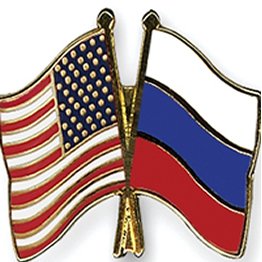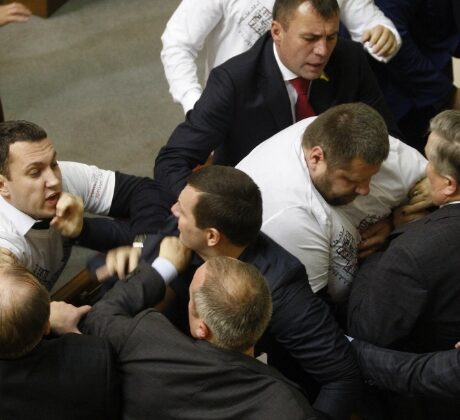(The Diplomat) A look at the recent political, security and economic developments in Kyrgyzstan.
Scott Radnitz is an Associate Professor at the Henry M Jackson School of International Studies, and Director of the Ellison Center for Russian, East European and Central Asian Studies at the University of Washington. Radnitz is a leading expert on Central Asia and the Caucasus, focusing on authoritarianism, protests, identity and informal networks. He is also the author of the 2010 book, Weapons of the Wealthy: Predatory Regimes and Elite-Led Protests in Central Asia. Radnitz shared his thoughts on recent political, security and economic developments in Kyrgyzstan on September 10, 2015.
A transcript of our interview follows.
Kyrgyzstan recently became a member of the Eurasian Economic Union (EEU). There has been a considerable debate on whether Kyrgyzstan is ready for EEU membership, due to its economic malaise and continued border security problems. What are your thoughts on Kyrgyzstan joining the EEU?
The Eurasian Economic Union is a political body, first and foremost. Countries decide to join the EEU primarily for political reasons rather than for economic ones. I don’t think Kyrgyzstan joined after a thorough cost-benefit analysis, or after extensively consulting technocrats on the economic consequences of membership. Its hard to say right now how Kyrgyzstan will adjust to EEU membership, every deal of this kind has winners or losers. The EEU’s economic impact on Kyrgyzstan has its limits as Kyrgyzstan over the past decade has become increasingly integrated with the Chinese economy. As China’s economy slows, traders will likely suffer somewhat. This is a problem because bazaars still have significant economic influence in Kyrgyzstan. I think that Kyrgyzstan will have an uncertain transition period to EEU membership. But over time, people and businesses will adjust their economic behavior, and gravitate towards sectors favored by Kyrgyz membership in the customs union. […]
Read More © The Diplomat











